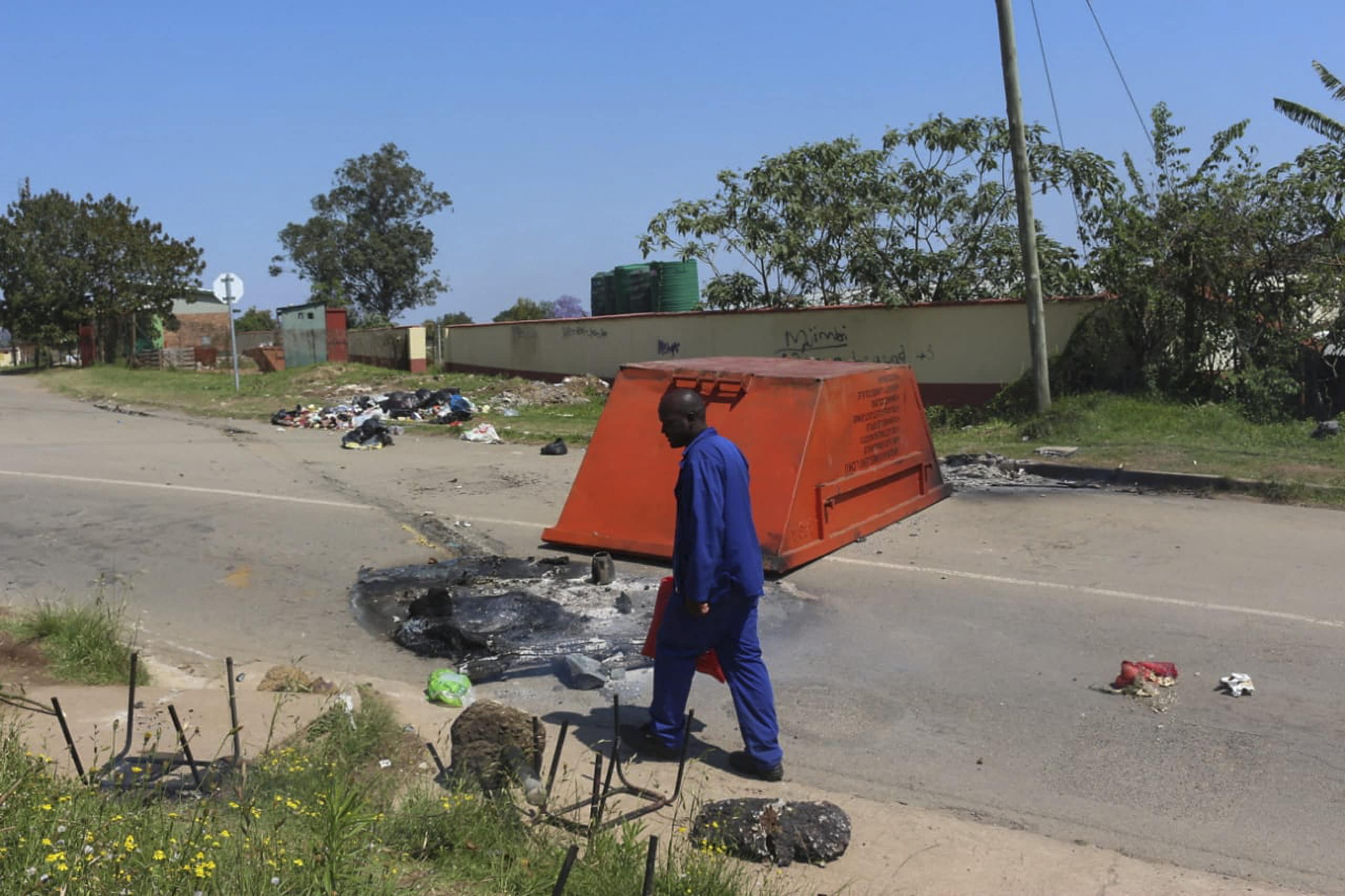TOPLINE Civil unrest in the small, landlocked African kingdom of Eswatini continued to escalate Friday as nurses refused to treat police officers after a tumultuous week during which the country banned protests, suspended Facebook access and shut down schools indefinitely as months of pro-democracy protests came to a head.
KEY FACTS
It comes a day after South African President Cyril Ramaphosa deployed special envoys to discuss the crisis with King Mswati III on behalf of the Southern African Development Community, an intergovernmental body that Ramaphosa chairs and Eswatini is a member of.
Nurses at three hospitals in Eswatini demonstrated Friday after civil servants were met with an “unprecedented show of force” from police at a pro-democracy rally on Wednesday during which 30 nurses were injured and a bystander was killed, the BBC reported.
Over 80 people have been killed by authorities and two members of parliament detained since the nationwide anti-monarchy protests began in July, according to Amnesty International.
BIG NUMBER
$50 million. That’s at least how much Forbes estimated Mswati’s net worth to be in 2014, while 80% of citizens live on less than $2 a day.
Loading...
KEY BACKGROUND
Eswatini, called Swaziland until 2018, is a country of 1.2 million in Southeast Africa known for its sugar industry — and for being named the most unequal nation on the planet by Oxfam. According to the intergovernmental International Sugar Organization, Eswatini ranks among the top ten sugar exporters in the world. Coca-Cola has long had a presence in the country, and has been accused in the past of “propping up” the dictatorial Mswati.
FURTHER READING
“Eswatini protests: Nurses refuse to treat police after colleagues shot” (BBC News)
“Southern African states send delegation to troubled Eswatini” (Associated Press)
“Eswatini bans protests as tensions flare amid pro-democracy calls” (Al Jazeera)
“Eswatini Closes Schools to Quell Pro-Democracy Protests” (Bloomberg)
“Pro-democracy protests flare up in Eswatini” (Reuters)
“Africa’s Last Absolute Monarchy Convulsed by Mass Protests” (New York Times)
By Téa Kvetenadze, Forbes Staff
Loading...
